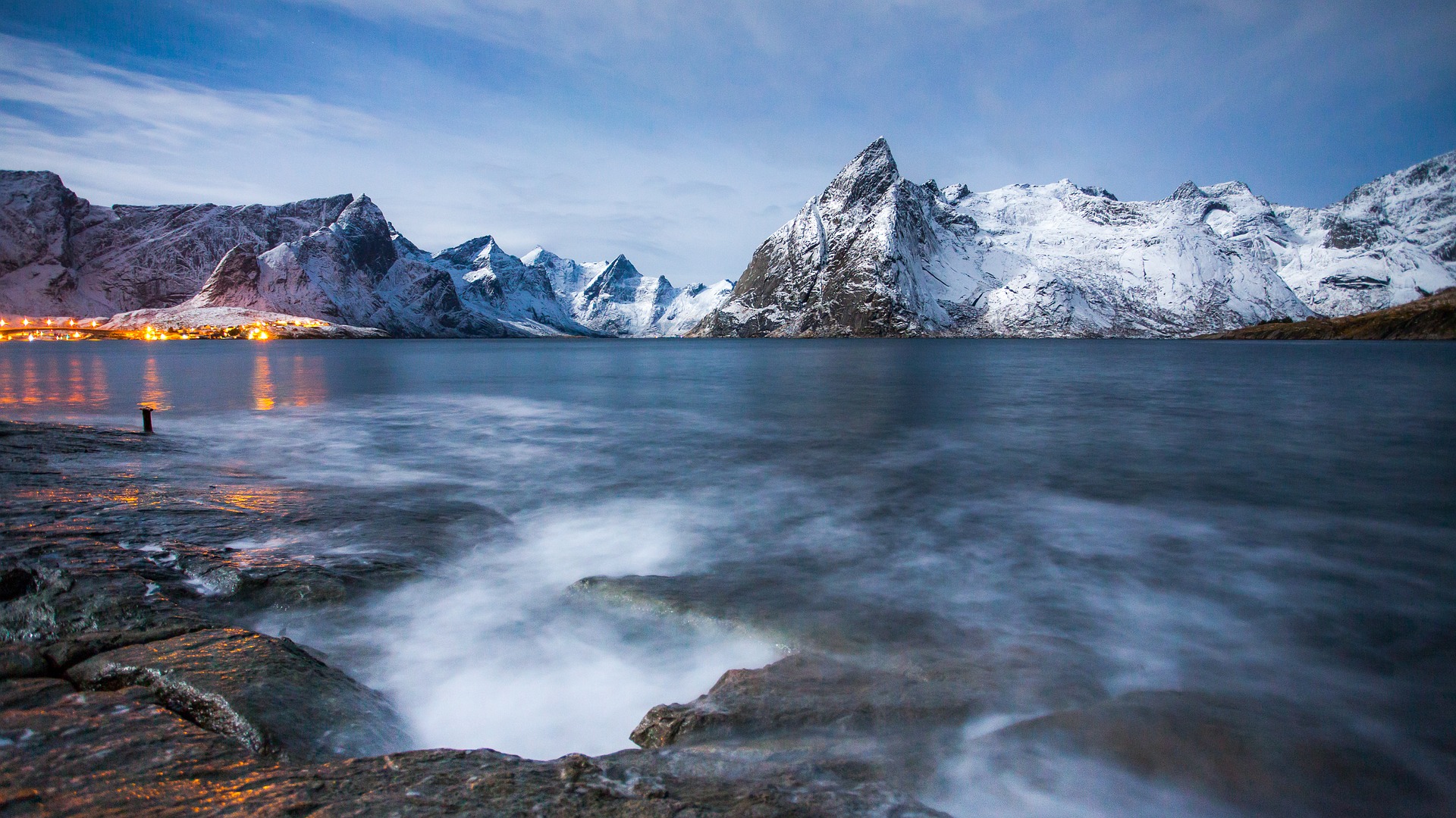The melting of Arctic ice carries not only the risks of rising sea and ocean levels, which can lead to flooding of some land areas. The process can also introduce new chemical and biological hazards.
These threats can range from ancient or undiscovered viruses and bacteria, toxic chemicals and even nuclear waste, according to a study published Thursday in the journal Nature Climate Change.
The permafrost in the Arctic has been home to industrial activity, raw materials mining and even Soviet nuclear testing, which means there is a lot of dangerous debris lurking inside it, waiting to be released if we continue to heat our planet.
More than 100 different types of microbes immobilized in Arctic permafrost are resistant to antibiotics, according to the BBC. Releasing them could be disastrous – we would not have finished drugs.

